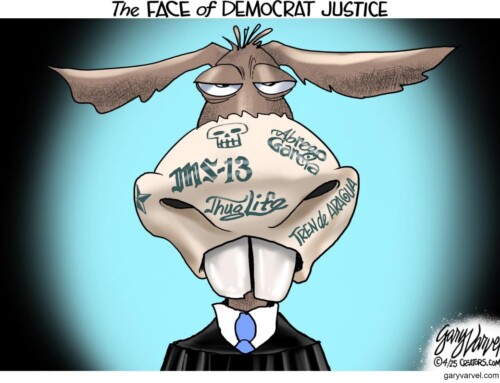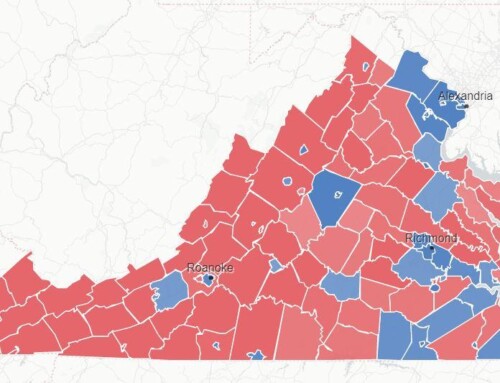Virginia’s General Assembly has directed that a measure be placed on the ballot this November asking citizens to vote on an amendment to the commonwealth’s constitution that will firmly establish private property rights.
For most of U.S. history, people had assumed that the right to their property was sacred and government could take it from them only by eminent domain when it had to be used for construction of a vital public project or utility. But governments have grown bigger, more powerful, greedier, and less respectful of individual rights. In 2005, the U.S. Supreme Court ruled in favor of oppressive government, saying in the infamous Kelo case that government can take your property if it can be developed to bring more jobs to a locality. In practice, the decision has been read to endorse seizure of private property to promote any kind of economic development.
Laws were passed in Virginia and other states to moderate this trend. But statutes can be changed or revoked relatively easily, especially under pressure from politicians or developers who would like to seize your property. Individual rights are best protected by a constitutional amendment.
The amendment will restore the original concept of eminent domain. In addition, it will require government to provide just compensation for property damaged by public projects. The question on the ballot will read as follows:
Shall Section 11 of Article I (Bill of Rights) of the Constitution of Virginia be amended (i) to require that eminent domain only be exercised where the property taken or damaged is for public use and, except for utilities or the elimination of a public nuisance, not where the primary use is for private gain, private benefit, private increasing jobs, increasing tax revenue, or economic development; (ii) to define what is included in just compensation for such taking or damaging of property; and (iii) to prohibit the taking or damaging of more private property than is necessary for the public use?
On July 2, the Richmond Times-Dispatch ran an article discussing the amendment. According to the article:
Eminent domain still could be used to build highways, schools, utilities, airports, bridges, prisons and military installations. But if the primary use is economic development or increasing jobs, that would not happen anymore under the amendment. Also, property owners would be compensated not only for property but also for lost access to their property and lost profits.





